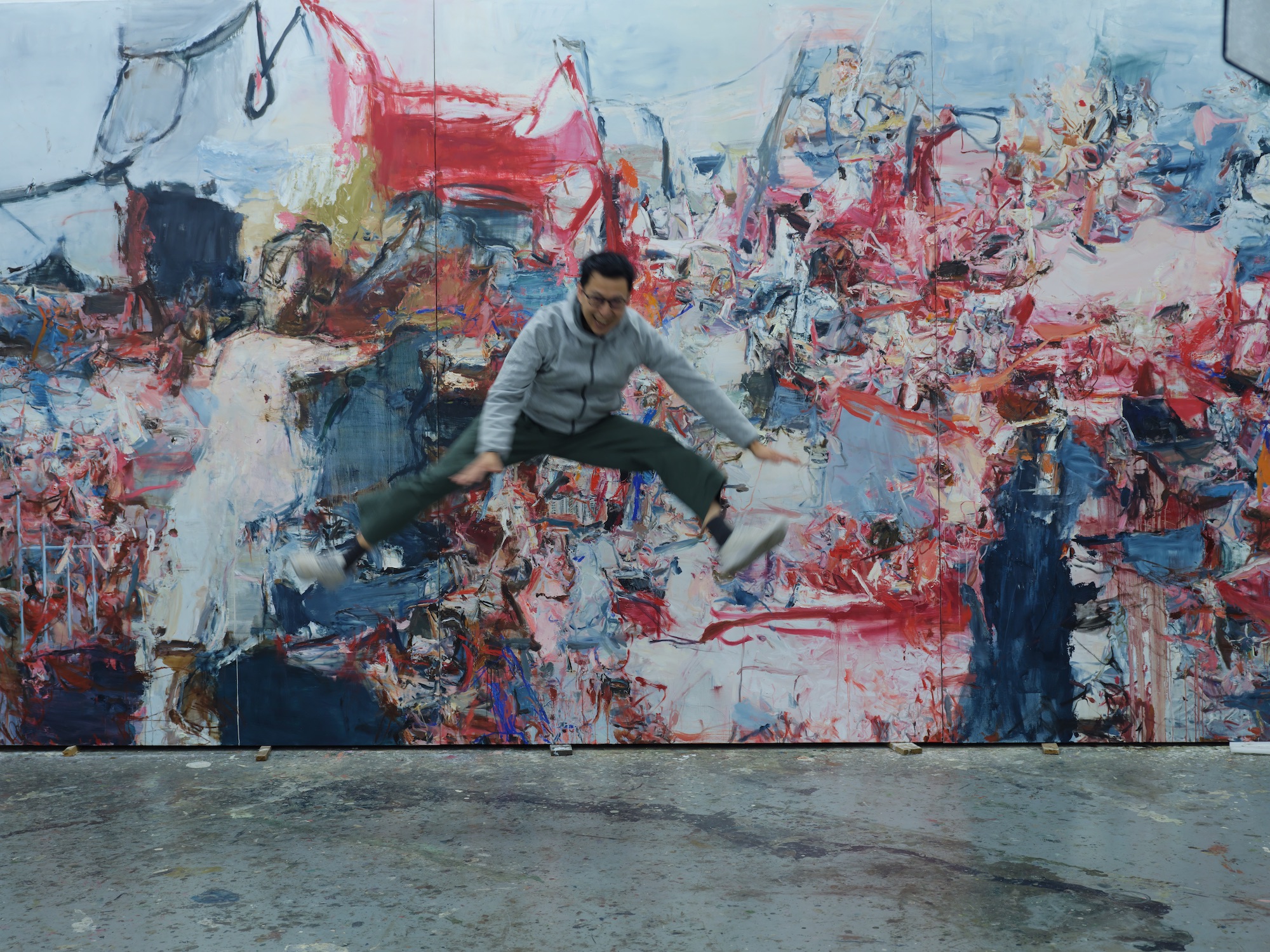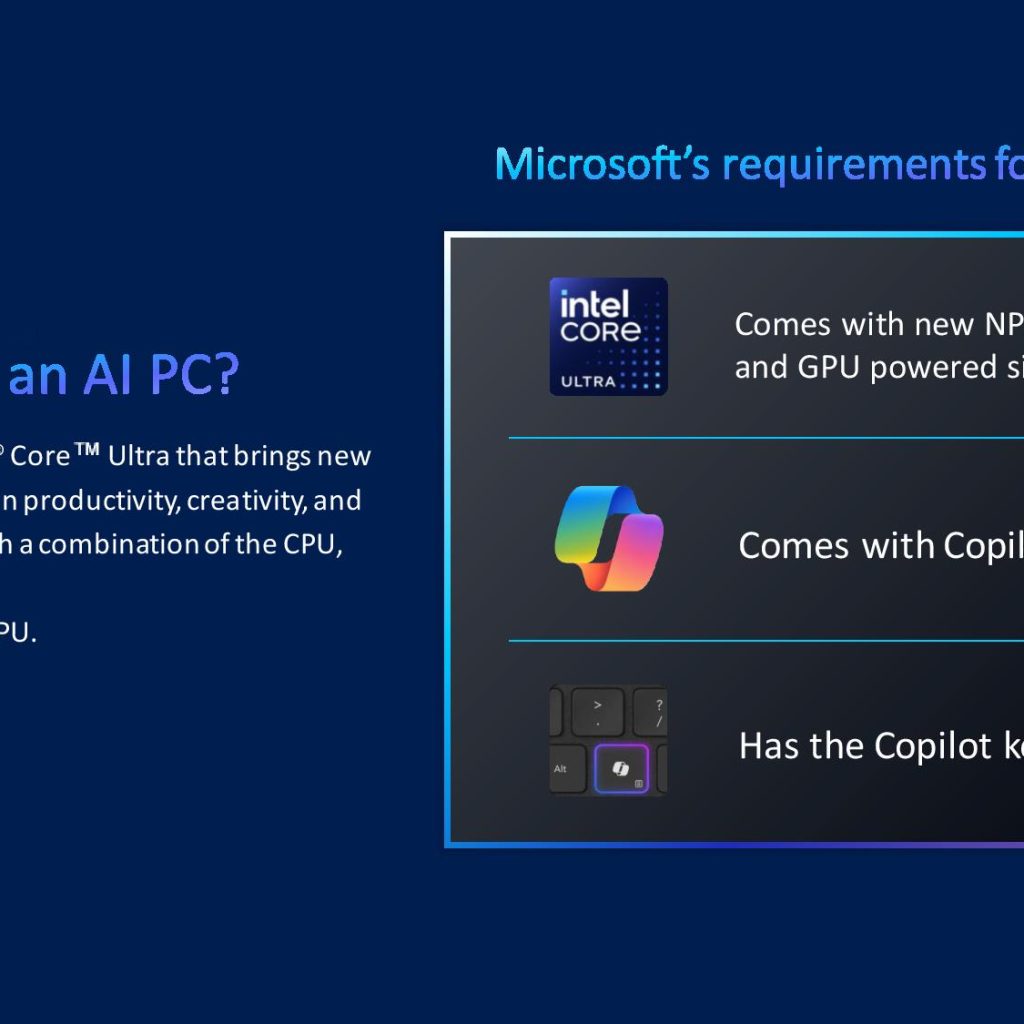In a reflection of contemporary society’s entanglement with technology and social constructs, artist Tu Hongtao presents his debut exhibition, “Beyond Babel,” at Lévy Gorvy Dayan in New York. Born amidst the throes of rapid urbanization and globalization, Tu’s visceral portrayal of cityscapes has evolved into an introspective exploration, punctuated by the uncertainties of the Covid era. Central to his latest showcase is the notion of artificial intelligence (AI) as the modern Tower of Babel, embodying both the promise and peril of technological advancement.
The rise of artistic AI reflections- Tu Hongtao’s debut show in New York
Tu Hongtao’s artistic journey unfolds against the backdrop of a rapidly changing Chinese society. Emerging from a brief foray into the clothing business, Tu’s keen observations of societal frenzies and debaucheries laid the foundation for his distinct artistic style. Nestled in the outskirts of Chengdu, his studio became a sanctuary, where he delved into nature, poetry, and classical arts. His canvases evolved from critiques of consumerism to abstract landscapes imbued with psychological depth, reflecting the ebb and flow of societal tumults.
The Covid-19 pandemic marked a pivotal juncture in Tu’s artistic evolution. Locked in his studio for months on end, he grappled with bouts of inspiration and desolation, culminating in monumental compositions like “The Corrupted Garden of Eden.” Symbolic of his emotional rollercoaster during the pandemic, this three-panel masterpiece encapsulates Tu’s defiance against the homogeneity of technological control. Amidst intermittent lockdowns and societal upheavals, his canvases became a canvas for introspection, questioning the very fabric of human existence.
AI and abstraction – The tower of Babel reimagined
Central to Tu Hongtao’s latest exhibition is the motif of the Tower of Babel, reimagined in the guise of artificial intelligence. As technology encroaches upon every facet of human existence, Tu questions the veracity of our social order in the face of burgeoning homogeneity. In an era where AI strives for mimetic accuracy, Tu champions ambiguity and uncertainty as quintessentially human traits. His abstract landscapes serve as a poignant reminder of the ineffable essence that eludes technological replication.
Rooted in classical Chinese culture yet imbued with a global perspective, Tu Hongtao’s artistry transcends linguistic and cultural barriers. Drawing from Western art and post-war philosophies, he seeks to forge a new visual language that resonates universally. Embracing abstraction as an antidote to technological determinism, Tu finds solace in the infinite possibilities of human expression. His canvases, pulsating with energy and rhythm, defy categorization, inviting viewers into a realm of introspection and contemplation.
As Tu Hongtao’s debut show unfurls in the heart of New York City, it beckons viewers to ponder the implications of AI and technological determinism on human creativity. Can art serve as a bulwark against the encroachment of homogeneity, preserving the sanctity of human expression amidst the cacophony of technological advancement? Tu’s reflections on the Tower of Babel resonate with a timeless urgency, urging us to navigate the complexities of modernity with introspection and reverence for the human spirit.





